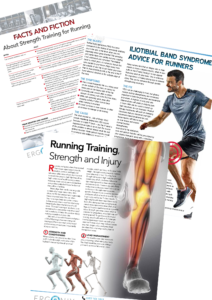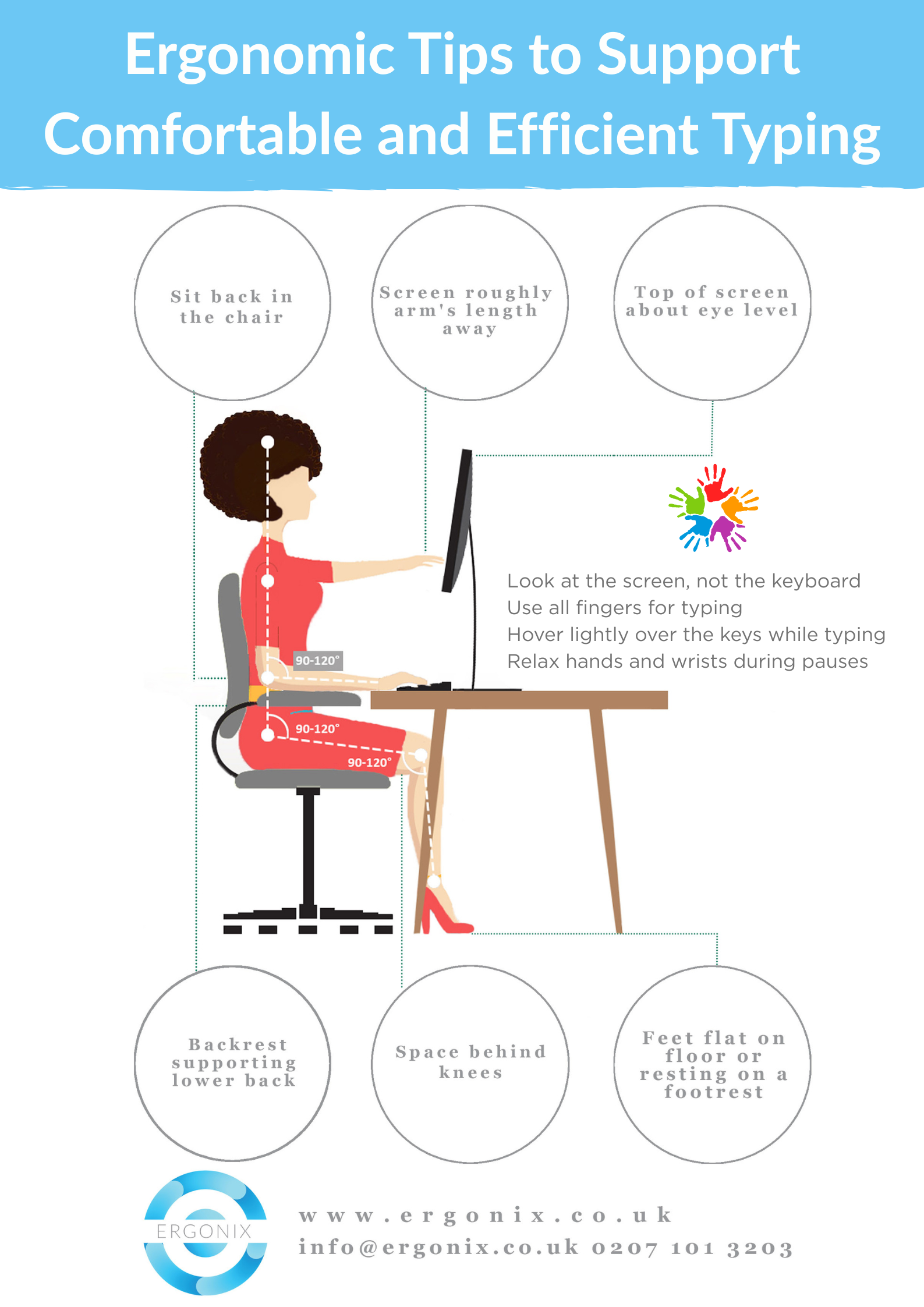 With the London Marathon approaching, many employees are increasing their training. While running offers numerous health benefits, it also comes with an increased risk of musculoskeletal (MSK) injuries, particularly for those who don’t include strength training in their routine.
With the London Marathon approaching, many employees are increasing their training. While running offers numerous health benefits, it also comes with an increased risk of musculoskeletal (MSK) injuries, particularly for those who don’t include strength training in their routine.
For HR and Occupational Health professionals, supporting active employees means ensuring they have access to the right knowledge and resources to train safely and avoid injury. Whether through workplace wellbeing initiatives or educational content, helping employees stay injury-free contributes to overall health and wellbeing, reduces absenteeism, and enhances workplace performance.
Why Strength Training is Essential for Runners?
Many runners avoid strength training, fearing it will make them heavier or less efficient. However, the opposite is true—incorporating strength training is a valuable addition that can help runners improve both their performance and injury prevention.
Runners are often prone to injury because their bodies are unprepared for the physical demands of the sport. This can result in tissue overload, especially with sudden increases in mileage or intensity. Incorporating strength training helps prepare your body to handle these loads more effectively.
How Strength Training Benefits Runners:
✅ Prevent injuries by strengthening muscles and connective tissues to better handle running loads.
✅ Improve performance by enhancing neuromuscular coordination and power.
✅ Increase running economy by encouraging coordination and stride efficiency.
Strengthening your upper body also improves running efficiency. A strong core allows you to maintain a stable upper body, minimising side-to-side movement and helping you maintain good form as you tire. Developing arm strength improves your arm drive, allowing you to inject more power into your stride, especially during uphill runs.
A key principle in injury prevention is ensuring that your physical structure can support your fitness level. As endurance typically develops faster than strength, failing to incorporate strength training leaves runners more vulnerable to injury, particularly when increasing their training volume or intensity.
Why Support Active Employees?
Investing in the wellbeing of active employees isn’t just about supporting their personal fitness goals—it benefits the entire organisation. Here’s why:
🔹 Reduced Absenteeism – Preventing common running-related injuries means fewer days lost to musculoskeletal issues, keeping employees healthier and more productive.
🔹 Enhanced Employee Engagement – Workplace wellbeing initiatives, such as running clubs or mobility sessions, foster a positive work culture and improve moral. Employees who feel supported in their fitness goals are often more engaged and motivated at work.
🔹 Improved Productivity – Regular physical activity has been shown to boost focus, energy levels, and mental clarity, leading to better performance and efficiency at work.
🔹 Employer Branding & Retention – A strong workplace wellbeing culture makes your organisation more attractive to potential hires and helps retain top talent by demonstrating a commitment to employee health.
🔹 Better Mental Health – Encouraging physical activity also supports mental health by reducing stress, anxiety, and depression. Employees who engage in regular exercise report better mood, reduced mental fatigue, and increased resilience, leading to a more positive and productive workplace.
By promoting safe and balanced training habits, workplaces can create a healthier, happier, and more resilient workforce.
How Workplaces Can Support Active Employees?
HR and Occupational Health professionals can play a role in promoting safe training practices by:
🔹 Providing educational content on injury prevention, strength training, and recovery.
🔹 Encouraging workplace wellbeing initiatives such as running clubs, lunchtime mobility sessions, or MSK health workshops.
🔹 Sharing resources that help employees balance training with injury prevention strategies.
Access Our Running Injury Prevention Resources through our Wellbeing Hub:
To help organisations support their employees, we offer evidence-based resources, including:
 ✅ A strength training guide tailored for runners.
✅ A strength training guide tailored for runners.
✅ Top tips for injury prevention.
✅ A myth-buster sheet on strength training and running performance.
✅ A range of resources on existing injuries such as plantar fasciitis, runner’s knee, and ITB syndrome.
By equipping employees with the right knowledge, workplaces can support their health and wellbeing, reduce the risk of MSK injuries, and foster a healthier workforce.
Interested in More Workplace Wellbeing Support?
We offer workshops and training on MSK health, ergonomics, and employee wellbeing content resources. Get in touch to discuss how we can help your organisation promote health and wellbeing.







